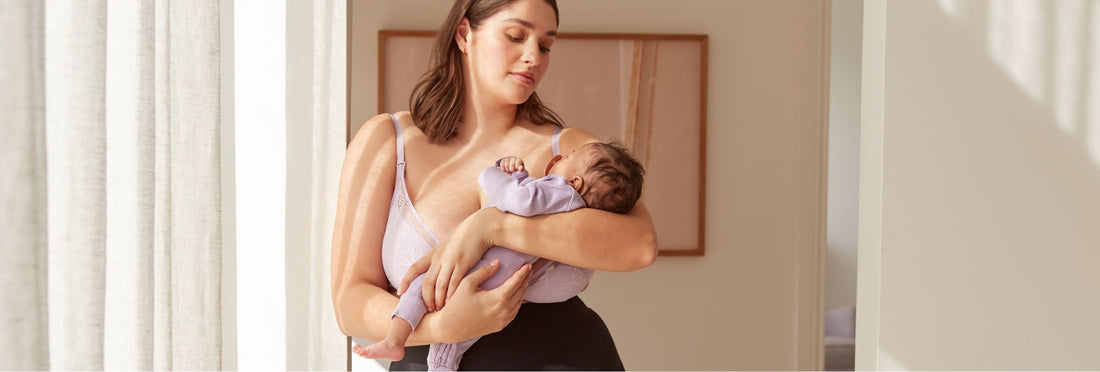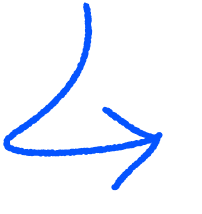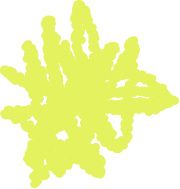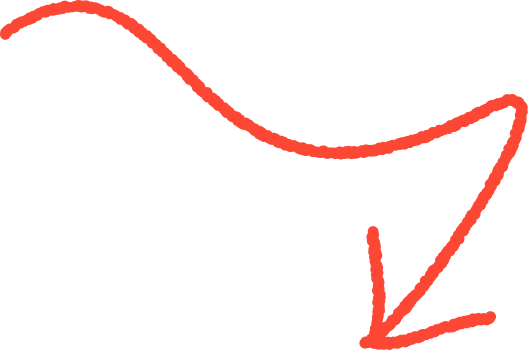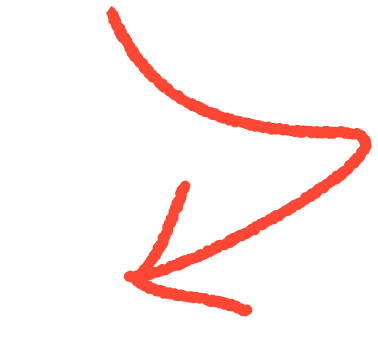As your hormones undergo extensive change following birth, experiencing emotional surges is to be expected, especially in the first 2-5 days. The contrasting rise and fall of various hormones could feel jarring and uncomfortable to manage.
.
Baby Blues
According to The Royal Women’s Hospital, the baby blues is experienced by 80% of new mothers. The baby blues is a period of time where a new mother may feel sad, worried, overwhelmed or a little hopeless. Usually it sets in 2-3 days post birth and it can hang around for a few days or a few weeks. It’s best to contact your GP if it’s still hovering after 2 weeks, or if these feelings are causing you distress or impacting your ability to function.
The change in hormones are a major contributor to baby blues, as is the overwhelming adjustment to life with a new baby. Eating well, reducing your coffee and alcohol consumption are advised, and it’s encouraged you find ways to catch up on sleep and get out into the fresh, open air. We know, easier said than done, but be kind to yourself and lean on those around you for support.
.
Postpartum Depression (PND) or Postpartum Anxiety (PNA)
To differentiate between PND and PNA; Depression is usually distinguished by ongoing (lasting more than a few weeks) feelings of flatness, disconnection, lethargy and hopelessness. Anxiety on the other hand, is characterised by feelings of worry, restlessness and panic. A mother experiencing anxiety may start to catastrophize an outcome before it actually happens.
Differentiating between a bout of the baby blues and PND/PNA, can come down to timing, or the duration of the depressed periods. If your depressed mood extends past a few days – 2-3 weeks, worsens, or causes you distress and impacts your ability to do the things you want/need to do, it’s imperative you tell someone and/or call your GP. Experiencing a low mood or anxiety does not make you a bad parent, but could indicate that you need some support with your mental wellbeing.
It can be helpful to remind yourself that you are not alone. 1 in 5 new mothers will experience Postpartum Depression (PND) or Postpartum Anxiety (PNA). The best way to help yourself is to let others help you.
If a feeling of shame surfaces, perhaps write down everything that is challenging you right now. Seeing the words in a physical form may release a sense of empathy. In moments like these, you need to back yourself. Understand that having a baby is exceptionally challenging and it’s to be expected to feel overwhelmed or low as you adjust to such extreme change.
.
Both PND and PNA are serious but treatable issues that require immediate support. There are a range of support options available to you (e.g., counselling, psychology, psychiatry, medication) that will be individualised depending on a range of factors (e.g., symptoms, stage).
While you’re in these deep waters, it can be helpful to try to:
- build a community of support around you
- look after your physical and mental health (e.g. fuelling and moving your body, staying socially connected, sleeping (when you can), engaging in calming or relaxing activities)
- Focus your time on things that bring joy
- Eliminate unnecessary angst.
Experiencing either PND or PNA is no easy feat but you have an ocean of support around you.
If you are unsure of whether you need to seek help, there are a range of mental health checklists (dependent on your stage) available at PANDA. These checklists won’t diagnose you but they will ask you questions based on possible symptoms of postnatal anxiety and/or depression. This can help you to better understand what you are experiencing, and assist you to get help if needed.
.
Further resources:
Postnatal Depletion
Postnatal depletion is another common byproduct of postpartum life. It’s something to look out for as it can wreak havoc during a vulnerable time of life.
.
Postnatal depletion is not the same as being ‘burnt out’, or ‘sleep deprived’, or ‘depressed.’ In the postnatal context, postnatal depletion is a period of time where your body and mind are literally ‘emptying' or becoming ‘reduced.’ Every cell in your body is trying to recalibrate and adjust to life with a baby, however due to the weight of change endured during pregnancy and birth, this adjustment phase can have some hefty implications.
.
How will you differentiate if you’re suffering from postnatal depletion vs postnatal depression or postnatal anxiety?
- If you are feeling exhausted, yet you’re still able to ‘feel joy’ when moments in life bring goodness - this is likely depletion. Those who suffer depression will find their moods very ‘flat line’ and feeling joy and happiness will not be easy.
- Sleep is another good indication. If you are up during the night and able to fall back to sleep quite easily, again, this is likely depletion. Those with depression, despite utter exhaustion on a physical and mental level will find it very hard to reduce the noise in their brain, keeping them awake for up to an hour or more, before they’re able to fall back asleep.
.
Further resources:




















